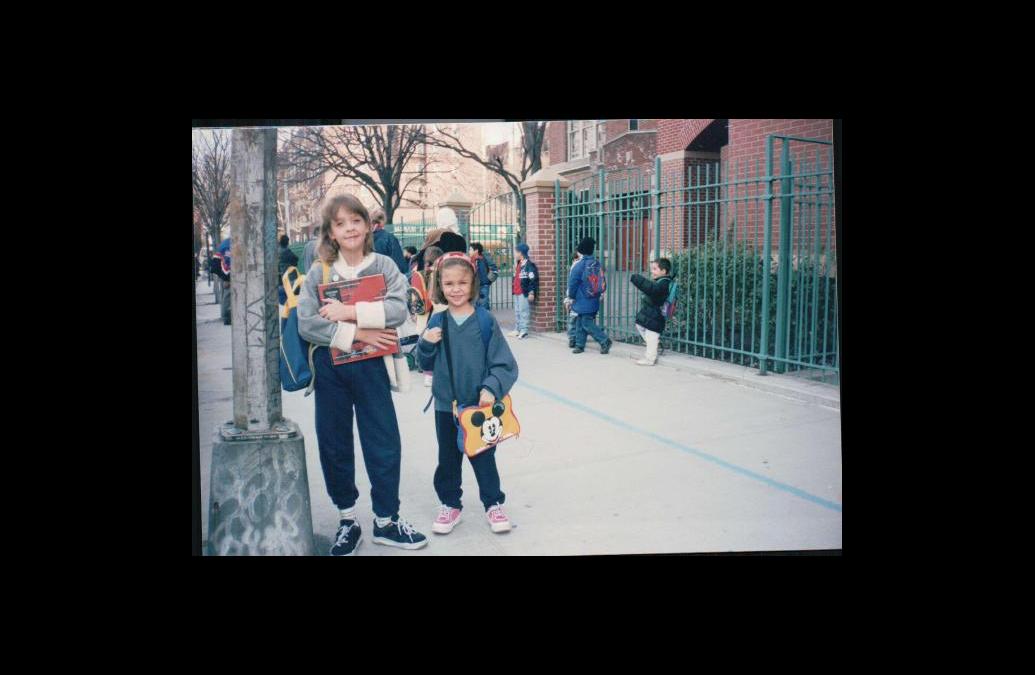An Untold Story of 1.8 Million Undocumented Students

Renata Martin '14.5 is an Access Scholar with the College Advising Corps, working on individual and group SAT preparation, essay writing, and financial aid programming with Providence high school students.
A couple hours a week I attend Hope High School’s “Future Forward” program and assist students with their college applications. Future Forward was started by two counselors at Hope HS in the hopes that more students would apply to college if given the space to ask questions and work on applications.
“So Rosa, tell me about yourself. What are your dreams and what has your experience been like at Hope? You can tell me anything about yourself that you would like to share.” Rosa looked scared, but I saw something in her that told me she wanted to share something. “Rosa you can tell me anything you want or if you would just like to talk about college, we can do that, too.” She looked at me and said, “I can’t go to college. I don’t have my papers.”
My heart sank as I remembered saying these words to my high school counselor four years ago. It suddenly hit me that Rosa “came out” to me and was seeking advice. Immediately, I wanted to tell Rosa that things would turn out okay if she kept trying, but reality proves otherwise. The other option would be to tell her the truth – 93% of undocumented students in the U.S. don’t go to college because they don’t have the financial means. However, I couldn’t give up on Rosa and looked at her and said, “You can go to college Rosa. I was undocumented, too, and faced the same obstacles.”
Even though Rosa instantly seemed hopeful, I couldn’t bear the feeling of uncertainty. For undocumented students, federal financial aid and loans are not available, leaving students to either pay out-of-pocket or receive outside scholarships which are rare for non-citizens. Community college is the least expensive option, but transferring to an affordable four-year university isn’t always easy.
So what do we tell students like Rosa, who were brought to this country at a very young age by their parents without legal documentation or who now have expired visas? What do we tell these students who have grown up in the U.S. and consider this place their home but are not granted the same educational opportunities as their peers who are citizens? Being a first-generation, latino student already has its obstacles; however, when you add “undocumented” to that equation it becomes even more difficult because there aren’t many programs or scholarships that assist undocumented students financially. The unfortunate part is that students have to rely on luck as well as all of their hard work because as an undocumented student, hard work doesn’t always pay off. My hope is that stories like Rosa’s will soon become history and all undocumented students will have the chance to go to college if they desire to do so.
Renata transferred to Brown last fall after completing community college. She received the Jack Kent Cooke Scholarship, one of the few scholarships available for undocumented students. Renata will be running a marathon in May of 2014 to raise money for scholarships for undocumented students.
